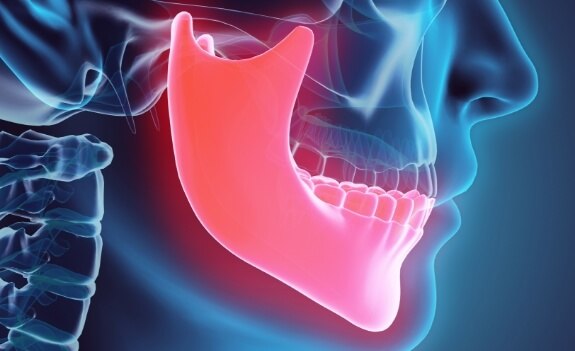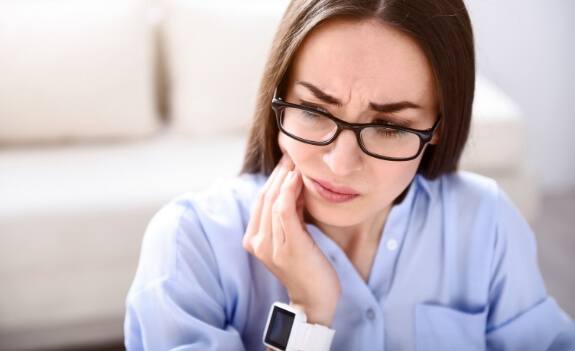What Is Tmj Tmd
The First Step Toward Relief

Before you can solve a problem, you have to understand it, right? At the TMJ & Sleep Therapy Centre of Wisconsin, Dr. Brunner and our team strive to empower our patients with knowledge so they fully understand our care recommendations. Our patients have often lived with uncertainty for a long time concerning their sleep and pain problems, and this page is meant to take that away so you can better understand your situation and begin your journey toward healing. Continue reading to learn more about what exactly TMJ/TMD means and our options for treating it here in Wauwatosa.
Why Choose the TMJ & Sleep Therapy Centre of Wisconsin for TMJ/TMD Treatment?
- Certified by TMJ & Sleep Therapy Centre International
- Board-Certified Member of the American Academy of Dental Sleep Medicine
- We Treat Root Causes, Not Just Symptoms
What Causes TMJ Disorder?

“TMJ” stands for temporomandibular joint, and it is your jaw joint. You can feel its hinges right in front of your ears if you move your mouth side to side slightly, and it’s what allows you to eat, speak, laugh, yawn, and more.
Like every other joint in the body, the TMJ can sometimes develop problems and pain. The umbrella term that refers to TMJ-related issues is TMD, which stands for temporomandibular joint disorder. When reading about these issues, TMJ and TMD are oftentimes used interchangeably.
The primary causes of TMD can include nighttime teeth grinding, arthritis, a misaligned bite, facial injury, and sleep apnea. Basically, it stems from an imbalance between the position of the jaw, the teeth, and the nearby muscles, which can create tension and airflow problems.
Common TMJ Symptoms

The most common TMD symptoms include:
- Chronic jaw pain
- Frequent popping or clicking in the jaw
- Difficulty opening or closing the mouth
- Jaw becoming stuck or locked
- Teeth grinding
- Weakened or worn teeth
- A bite that doesn’t come together evenly
- Persistent facial pain
- Soreness felt during or after chewing
- Headaches/migraines
- Neck pain
- Ear pain
- Sleep issues, including sleep apnea and snoring


